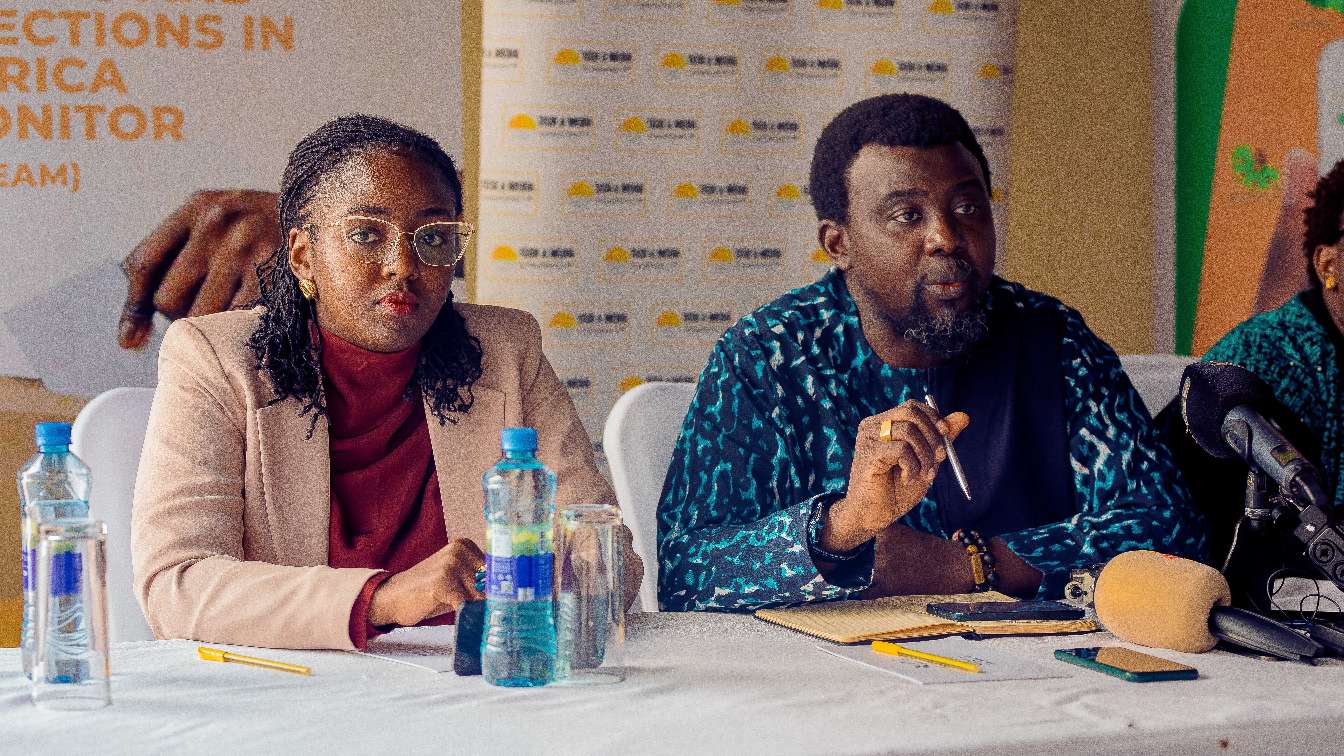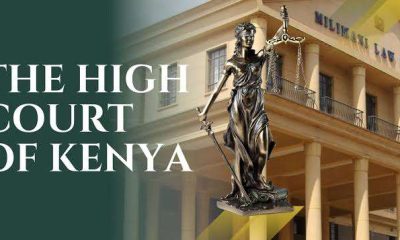Nation
Tanzania’s Online Freedoms Under Threat Ahead of 2025 Elections, Rights Groups Warn

With just five months to go before Tanzania’s general elections on October 28, digital rights organisations Paradigm Initiative (PIN) and Tech & Media Convergency (TMC) have raised serious concerns over shrinking online freedoms and growing digital repression.
Speaking at a press briefing in Dar es Salaam following the two-day Digital Rights and Elections in Africa Monitor (DREAM) – Tanzania Edition, the groups warned that the country’s digital civic space is under siege at a critical moment for democracy.
“From the ongoing blockage of access to X (formerly Twitter) to the suspension of Mwananchi Communications’ platforms in late 2024, we’re seeing systematic restrictions that threaten public participation and access to credible information,” said ‘Gbenga Sesan, Executive Director at PIN.
The DREAM initiative is part of a wider continental effort led by Paradigm Initiative to monitor and respond to digital rights violations during elections. The Tanzania edition follows earlier monitoring of the 2024 local elections and runs alongside the 2025 Africa Internet Governance Forum (AfIGF).
The groups cited a troubling pattern of digital repression, including:
Internet shutdowns during past elections, notably in 2020;
Weaponisation of laws such as the Cybercrimes Act (2015) and the EPOCA Online Content Regulations (2020);
Arbitrary revocation of media licences;
The May 27 directive by the Tanzania Communications Regulatory Authority (TCRA) to take down The Chanzo Initiative’s coverage of Hon. Gwajima’s press event;
The April 2025 arrest of opposition leader Tundu Lissu on treason and cybercrime charges, with the case still pending in court.
Asha Abinallah, CEO of TMC, said despite improvements in electoral law and political reconciliation, the clampdown on digital expression, content takedowns, and harassment of journalists cast a shadow over the country’s democratic process.
“Without urgent corrective action, the digital environment may become too repressive to allow for a fair and inclusive election,” she warned.
Over 50 journalists, political candidates, civic actors, and regulators were trained during the two-day event on how to protect digital rights during electoral periods.
Miriam Beatrice Wanjiru, East Africa Programmes Officer at PIN, reminded authorities of Tanzania’s obligations under key regional instruments, including:
Principle 22 of the ACHPR Declaration on Freedom of Expression, which discourages criminalising speech;
Article 17(3) of the African Charter on Democracy, Elections and Governance (ACDEG), guaranteeing equitable media access;
Article 31(2) of ACDEG, calling for inclusive civic education, especially in marginalised communities.
Key Recommendations
PIN and TMC issued the following calls to action:
To the Tanzania Communications Regulatory Authority (TCRA):
Restore access to X and ensure an open internet throughout the electoral process;
End arbitrary takedowns of online platforms;
Guarantee free expression for media, political voices, and citizens;
Release electoral information in local languages and accessible formats.
To the Commission for Human Rights and Good Governance (CHRAGG):
Monitor digital rights violations during the election period and report transparently;
Collaborate with civil society to promote responsible digital engagement.
To Telecommunication Companies:
Ensure network stability and publicly disclose any government-ordered disruptions;
Publish transparency reports on access and content requests.
Both organisations reaffirmed their commitment to defending digital rights and promoting a free and inclusive civic space as Tanzania prepares for a pivotal democratic moment.









